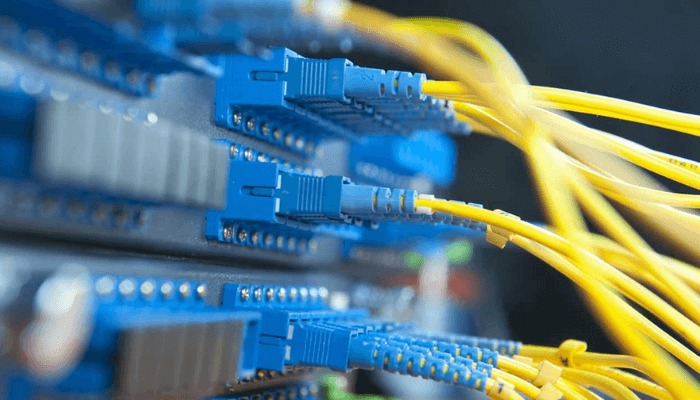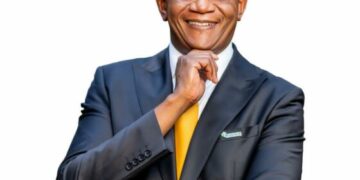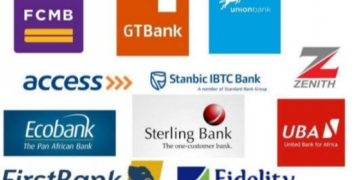Despite the rapid growth in mobile internet usage over the past five years, poor infrastructure and the high cost of mobile phones and internet access have disconnected 120 million Nigerians from the digital world, according to GSMA, the global body for mobile operators.
In its latest report, The state of Mobile Internet Connectivity 2024, GSMA revealed that these Nigerians are part of the more than 3.1 billion people worldwide who remain offline, even though mobile internet is available where they live. This digital exclusion is particularly concerning in Nigeria, where only 29 per cent of the population (about 58 million people) actively use the internet.
Although mobile devices have become the primary means of internet access in low- and middle-income countries (LMICs), Nigeria’s connectivity gap is stark. Rural areas suffer the most, where only 26 per cent of residents have smartphones, compared to 59 per cent in urban areas. The same divide is reflected in mobile internet usage, with rural penetration at a low 28 per cent versus 59 per cent in urban regions.
This disconnect is exacerbated by the prohibitive cost of entry-level smartphones, which in Sub-Saharan Africa cost 99 per cent of the average monthly income for the poorest 20 per cent, GSMA report revealed, while suggesting that lowering the price of internet-enabled devices to $20 could significantly reduce the digital divide.
Beyond cost, coverage gaps also persist. Sub-Saharan Africa continues to have the highest coverage gap globally, with 13 percent of the region’s population lacking access to mobile internet infrastructure.
For instance, the Nigerian Communications Commission (NCC) estimated that 27 million Nigerians live in areas without telecom services, and around 301 local government areas lack any internet access, further compounding the issue.
The challenges extend beyond infrastructure and cost, with limited digital literacy, fears about online safety, and a lack of relevant content also preventing many from adopting mobile internet services.
GSMA highlighted that investment in infrastructure alone will not solve the problem. More needs to be done to address the usage gap to ensure inclusive digital growth, particularly as closing the global digital divide could add over $3.5 trillion to the world’s GDP by 2030, with $900 billion expected in 2030 alone.
Amid this backdrop of digital exclusion, the Nigerian government is making strides to bridge the gap. The minister of Communications, Innovation, and Digital Economy, Dr. Bosun Tijani, recently announced significant progress in Nigeria’s efforts to build a 90,000-kilometre fibre-optic network to improve connectivity across the country.
Tijani’s announcement, shared via X, highlighted a massive boost from the World Bank towards the project, which aims to expand Nigeria’s backbone network from 35,000km to 125,000km.
Although the exact nature of the World Bank’s support was not specified, the minister has previously mentioned working with international financiers to raise the $2 billion required for the project.
The deployment of this fibre-optic network is expected to start within the next six months, following approval from the Federal Executive Council (FEC) and final arrangements for funding. Once completed, the project is anticipated to enhance connectivity, improve the quality of telecom services, and give more Nigerians access to the benefits of the digital economy.
“By connecting more communities across the country, we will ensure that many more of our citizens can connect to the benefits of the digital economy, Tijani stated, while underscoring the importance of closing Nigeria’s digital divide.




